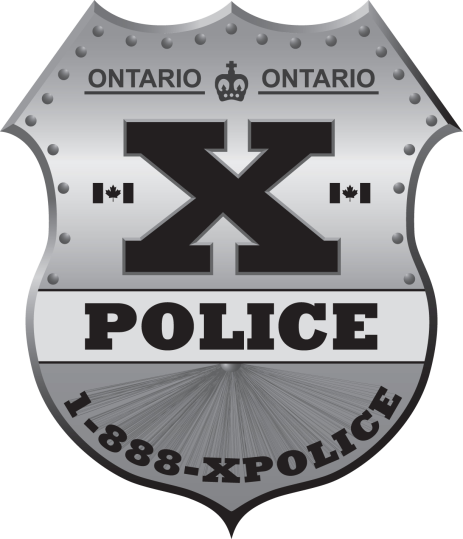Most of Canada’s police forces will confront legalized marijuana this month without a roadside-screening device to detect the presence of cannabis in drivers or the recommended number of officers trained to recognize drug impairment.
A spokesman for Bill Blair, Minister of Border Security and Organized Crime Reduction, who handled the push to end prohibition, said Wednesday that forces across the country have 825 drug-recognition experts. That is much less than the 2,000 the Canadian Association of Chiefs of Police has said are needed.
As of last week, no police forces had committed to use the device, although a few are testing them. Vancouver police recently joined municipal departments in Toronto, Ottawa, Calgary and Edmonton as well as the Ontario Provincial Police and the Sûreté du Quebec in declaring that they will not be using the Draeger DrugTest 5000 – the only saliva-screening device the federal government has so far approved – in the near future.
Ottawa had promised to have at least one device approved before cannabis became legal as an option for police, but it is up to forces to decide what methods to use in detecting drug-impaired driving.
Critics say police forces will not be prepared when recreational cannabis becomes legal on Oct. 17.
Andrew Murie, chief executive of Mothers Against Drunk Driving Canada, said roads will be more dangerous as a result.
“They’re about 50-per-cent ready and they’ll be 100-per-cent ready a year from now,” he said of law enforcement. “[A surge in drug-impaired driving] has been happening since 2010, but we want to see it go the other way, and these tools make it go the other way.”
For years, the pace of training officers to detect drug impairment was slow because the 17-day course was in the United States. Police chiefs told a House of Commons committee hearing last fall it would be better to have training at home because U.S. forces were getting priority. Now, Canadian police colleges have begun offering it.
Draeger Canada says about a half dozen police agencies in Central and Eastern Canada placed small orders for its testing devices. But most are reluctant to buy large quantities when other devices may soon be approved.
Vancouver-Kingsway MP Don Davies, federal NDP critic for health, said Ottawa has rushed into legalization and left provinces, cities and police forces unprepared. Still, he said, Canadian law-enforcement agencies could have done more over the past year.
“There was nothing stopping police forces from across the country to begin training personnel and acquiring the technology prior to the actual enactment of the legislation, so [a lack of time is] a bit of a red herring,” said Mr. Davies, whose party has supported decriminalization of cannabis since the 1970s.
Mr. Blair said in an e-mailed statement that, in addition to the drug-recognition experts, 13,000 officers across the country have been trained to give a standard sobriety test.
Tim Smith, a spokesman for the Canadian Association of Chiefs of Police, said on Wednesday that Canada needs to train up to 3 per cent of its 45,000 front-line officers as drug-recognition experts, a proportion recommended by the International Association of Chiefs of Police.
The Ministry of Public Safety is providing the funds to train more than 500 officers over the next five years, he added.
Vancouver’s police force said it has nine drug-recognition experts and hopes to have 23 by the end of next year, which would be less than 2 per cent of its roughly 1,300 members. By the end of next week, Ottawa will have 25 drug-recognition experts, or about 1.8 per cent of its more than 1,300 officers.
With a report from The Canadian Press
Source: The Globe and Mail
